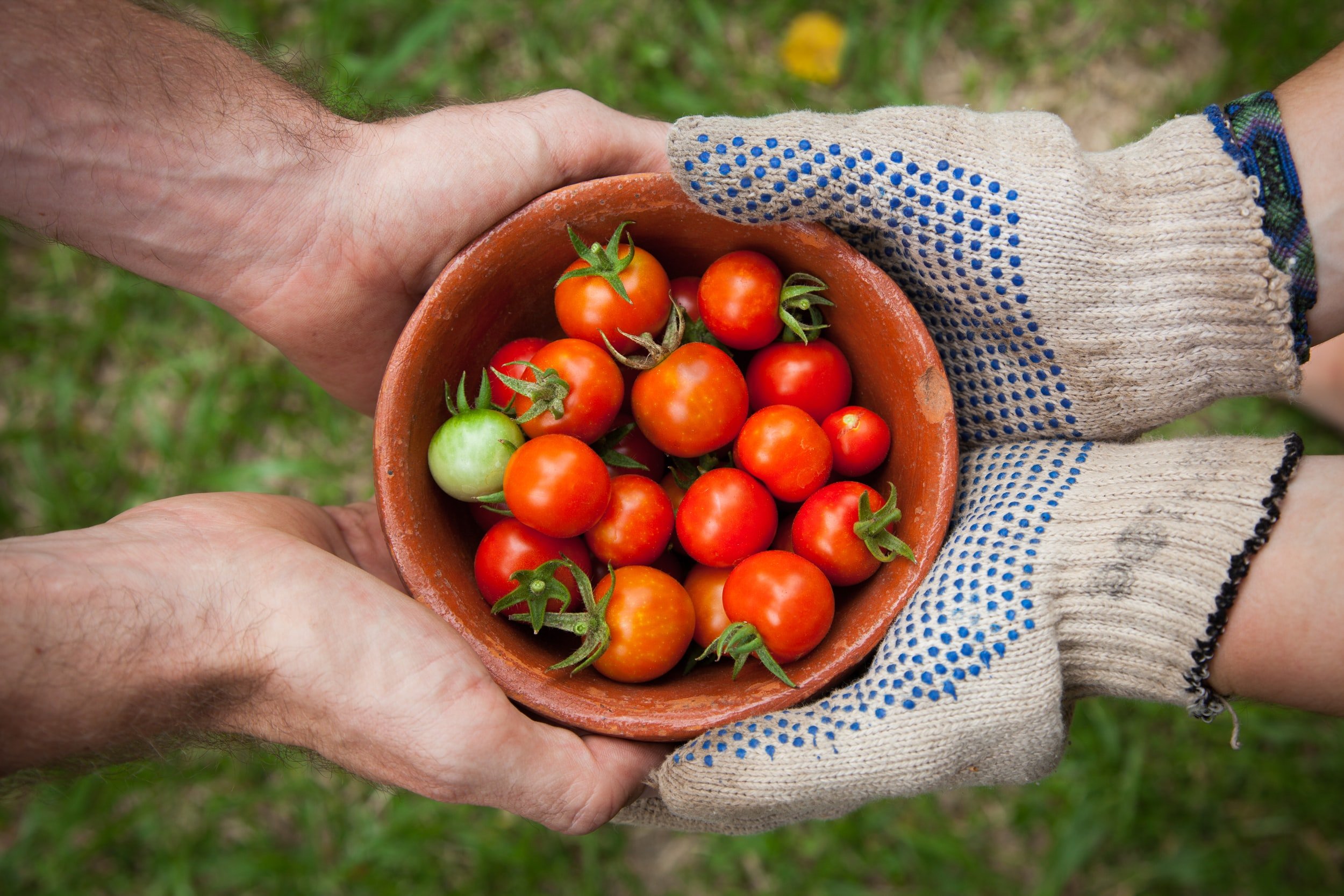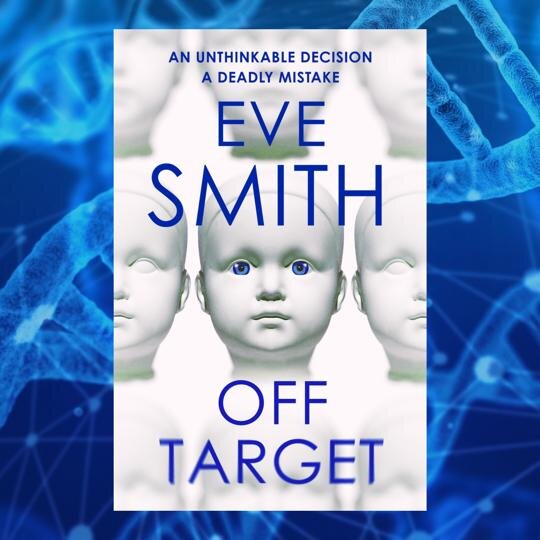
Latest news about me & my books

NOT ALL GRAILS ARE HOLY
The body horror film THE SUBSTANCE, about an ageing Hollywood celebrity who injects a black market serum to become a younger version of herself has generated quite a furore.
Uncomfortable and hard-hitting: I liked it.
The film depicts just how far people are prepared to go to defy ageing and stay young: a theme I explore in my latest speculative thriller, THE CURE.

BEST NOVEL AWARD LONGLIST
I am delighted to announce that ONE has been longlisted for Best Novel in the British Science Fiction Association Awards!
Read on to find out how you can vote it onto the shortlist…

RIGHTING THE WRONGS
Last week, a group of leaders came together in Paris to discuss a proposal for a new global financing pact. The aim was to help developing nations adapt to the punishing effects of climate change without embroiling themselves further in unsustainable levels of debt.
Opinion is divided on whether the summit was a success: key leaders were notably absent, including our own.
But the need for change was underlined by UN Secretary-General António Guterres in his characteristically eloquent opening words.
In my latest speculative thriller, ONE, a new UK government has implemented radical measures to adapt to a world ravaged by the climate crisis. Tired of broken promises, a public desperate for actions, not words, has voted in the ONE Party. On the surface, they appear to be managing things rather well.
But it has come at a cost.

WHEN FACT MEETS FICTION
I was at a crime fiction festival last week in Bristol, moderating a panel called ‘Science Fact & Science Fiction.’
We had some good discussions, ranging from memory manipulation, to the pet science projects of billionaires, to gene-editing of children and the likely impacts of AI.
One question we debated was whether fiction has a role to play in highlighting issues in society, and if stories can engage people in a way news reporting or non-fiction can’t.
Of course, I’m biased, but the consensus seemed to be yes.

ONE: NEW BOOK COMING SOON!
I am delighted to share with you the cover for my latest speculative thriller, ONE, set in a one-child policy Britain.
ONE LAW. ONE CHILD. 7 MILLION CRIMES.
I am so grateful to my publisher, Orenda Books for this fabulous design. Out on July 20th, you can preorder now!
Read on to learn more…

FROM TOMATOES TO GENOCIDE
Gene editing has made news headlines again, and some of its applications feel scarily close to the world of my speculative thriller, Off Target.
On the back of increasing UK food security concerns, a bill is being ushered forward which will pave the way for the commercial farming of gene edited crops and livestock in England.
But more nefarious uses of genetic technologies are afoot. The release of shocking images of the Uyghurs being interned in China’s so-called ‘education camps’ reminded me of another report I read on how genetic surveillance is being used to target and persecute ethnic minorities.

TO TWEAK OR NOT TO TWEAK
There have been some great articles over the weekend inspired by the release of geneticist Adam Rutherford’s book: Control: the Dark History and Troubling Present of Eugenics.
I have a copy waiting for me at my local book shop and can’t wait to get stuck in, as this subject is close to my heart.
The book illustrates how eugenics is embedded in our history, right back to the Spartans and Romans, through to the forced sterilisation state policies practised in America last century and during the Nazi regime, right up to the modern day.

AUDIOBOOK ALMOST HERE!
SO excited to share with you this interview I did about Off Target ahead of the audiobook’s release on the 1st February.
I talk about the inspiration behind the novel, some of its many moral dilemmas and the challenges faced by my protagonist, Susan.

OFF TARGET: EBOOK OUT NOW
I am delighted to share with you the book trailer for my latest speculative thriller: Off Target, available for order now!

OFF TARGET: COMING SOON
I am delighted to tell you that my new speculative thriller, OFF TARGET, will be out on 17th February next year, and even earlier (17th December), for those who prefer e-books.

AGEISM: AN INSIDIOUS PANDEMIC
At the end of July, one of the UK’s national papers published an article claiming the government had made ‘secret plans’ four years ago to deny the elderly hospital care.

WHY ‘DISEASE WHAC-A-MOLE’ DOESN’T WORK
You’ve probably heard about the UK government’s budget cuts to overseas aid. A recent report in the Guardian detailed some vital research projects that had been affected, including, of all things, one tracking new coronavirus variants in India.
By cutting back funding and support of health programmes, we are risking not only political capital, but more importantly, decades of progress and painstaking gains in the fight against killer diseases.

REASONS TO BE CHEERFUL…
Lately, I’ve been feeling a little more hopeful about our prospects for this year. Maybe it’s the few sunny days that have graced us. Or the daffodils’ reliable splash of gold in the verges.
Forty-two years ago, Ian Dury found many Reasons to Be Cheerful in a song apparently inspired by the near-fatal electrocution of his roadie by a microphone stand whilst on tour in Italy.
His list is much more entertaining than mine, although, in my defense, many of his reasons are currently off-limits under lockdown: the Hammersmith Palais and The Bolshoi Ballet two cases in point...

TACKLING ISSUES
I don’t know if you caught Rhod Gilbert’s BBC documentary earlier this week: Stand Up to Infertility, but you should. I heard him interviewed on Women’s Hour, and very entertaining he was too, but this was humour with a point: male infertility is a huge and growing problem.
And yes, it’s impossible to discuss it without launching into Finnbar Saunders’ style innuendos and double entendres, intentionally or not, and Rhod could win an award for just that.
But men don’t talk about their sperm issues, (or, as Rhod might say, tackle their tackle) and that’s not helping. Even though just as many men suffer fertility problems as women.

PLANE CRASHES, IN SLOW MOTION
18th November marks the start of World Antimicrobial Awareness Week.
Health workers, scientists and global institutions like the World Health Organisation will be working hard to increase awareness of global antimicrobial resistance (AMR), and urging policy makers to take swift and firm action to prevent the ongoing emergence and spread of drug-resistant infections.
The misery that coronavirus has inflicted on so many people over the past year has highlighted the cataclysmic impact of health emergencies, that even our advanced technologies and sophisticated minds cannot easily overcome. And those impacts will continue, long after the virus has gone.

HOW WE REBUILD THE ARSENAL
By now, you are probably aware of the devastating impacts of antimicrobial resistance (AMR), and how COVID-19 is exacerbating this health emergency. My previous blogs have elaborated on such cheerful themes.
Well, you’ll be pleased to know that I finally have some good news, about antibiotic development.
Sandwiched between more bad news, illustrating why we need these miracle drugs more than ever.

SUMMER OF THE STRANGE
What a summer it is. Amidst the chaos of an unravelling lockdown, the persistence of Covid 19 case numbers, and the ever more worrying economic fallout, people are trying to enjoy their summer break. If they have one, that is.
I am fortunate enough to be able to take a few days at the Dorset coast, in a town I first visited on holiday as a baby, and to which I have taken my own children since they were small. And yet, as we stroll onto the sand in glorious sunshine, with stripy windbreaks and fluorescent pink spades, while much appears reassuringly familiar, there is much that is strange.

3,2,1: BLAST OFF!
Well, the day has finally come: the paperback of The Waiting Rooms has launched! Hurrah! I’m delighted, and not a little relieved that, despite the enormity of the challenges we’ve faced these past weeks, and continue to face, my first novel has found its way through the quarantine of lockdown to emerge in newly reopened bookstores.

HOW COVID-19 MAY GIVE A SILENT PANDEMIC ITS VOICE
So here we are in May already, the month that celebrates spring, fertility and new life. It sure doesn’t feel very festive.
This year, the May bank holiday in the UK and other European countries has been moved from Monday 4th to Friday 8th May, to coincide with the 75th anniversary of VE day.
Huge celebrations were planned to commemorate the end of the Second World War in towns and villages across the UK, with churches holding special services including a national Ringing Out for Peace, processions down The Mall, traditional maypole and morris dancing and pubs making the most of a three-day weekend.
None of these gatherings will now take place thanks to a different kind of war: our fight against the coronavirus pandemic.

WHAT CAN WE LEARN FROM LIFE IN LOCKDOWN?
With the UK government introducing the most stringent social distancing measures in this country’s history in an attempt to curb the spread of COVID-19, we are embarking on an unprecedented social experiment as not only the UK, but multiple countries around the world, adapt to life in lockdown.
The vast majority of us will have to stay at home, either on our own, or with immediate family, for an indefinite period. Current UK restrictions mean our isolation will last between three and twelve weeks, depending on whether we are one of the 8.8 million over-seventies, or whether we are pregnant or have an underlying health condition: estimated to account for another 21 million people at least. What’s more, it is highly likely that three weeks will turn into six, and twelve into twenty-four.